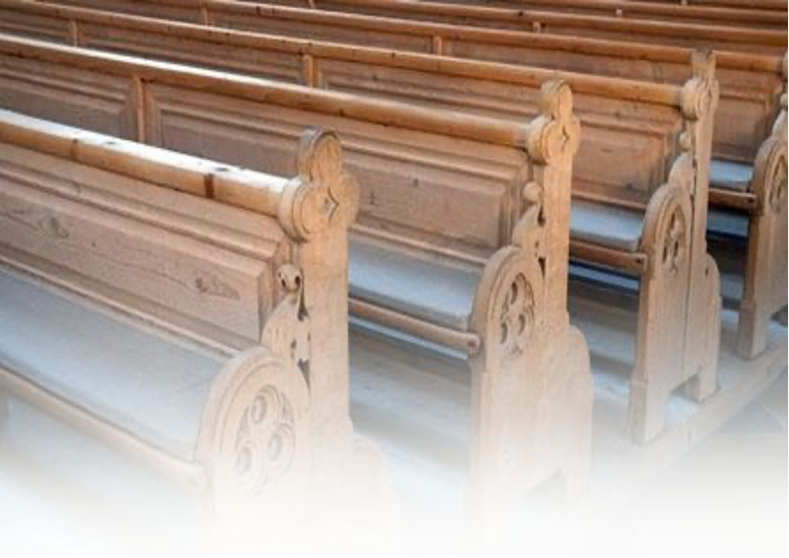
Suffering Church
Contact me to find out how you can have Suffering Church performed in your community.
In September of 2019 I attended the funeral of a long-time member of my church. As I sat looking around at the full sanctuary, I started to wonder why people go to church and why they do not. Why was the church full for this funeral while only about 100 people attended on Sunday mornings? A month later the Pew Research Center released a study that revealed between the years 2009 and 2019 the number of people in the United States identifying as Christians dropped by 12 percent. I was curious about the stories behind the numbers and began interviewing people as to their reasons for leaving church. Initially, I was doing in-person interviews. The only question I asked was “What is your story in regards to leaving the church?” People talked and I listened with the promise of no judgment and no evangelism. In the first five months, I interviewed twenty-two people. When the pandemic hit, and I was no longer able to meet people in person, I created an online survey that people could answer anonymously. I collected another thirty-four stories through that survey, for a total of fifty-six stories. The stories were varied but most often involved some form of suffering caused by the church. In The Empty Church: Theatre, Theology, and Bodily Hope, Shannon Craigo-Snell writes:
Across centuries and continents, Christian churches have perpetrated enormous harm. Christian communities have visions of what church should be, visions that vary but carry many common themes of faith, hope, love, hospitality, and service. We fall short of these visions, often enacting pride, fear, hate, exclusion, and domination…Part of the tragedy of Christian communities causing harm – part of what demands a response of lament, repentance, and justice – is that this is not what church is supposed to be. When we perform in these ways we are not being true to ourselves. The idea of doubleness keeps this discrepancy between what the church is called to be and what it is in view, while also raising questions about identity. What is the congregation aiming for in church? What comprises their vision of what church ought to be? What pieces of behavior are they repeating, and does this help them embody their aim?[1]
The “pride, fear, hate, exclusion, and domination” Craigo-Snell refers to was evident in the stories of abuse, marginalization, and unwelcome I heard from those who I interviewed. If this is the way people are experiencing the church, then what can I as a minister do to address this legacy of harm? I sought to discover my answer by rebuilding the ancient connection between religion and theatre. My original play Suffering Church is based on the stories I collected from those who left the church. Suffering Church has been performed at Plymouth Congregational Church and Mosley Street Melodrama in Wichita, KS, at Bethel College in North Newton, KS, and at Fellowship Congregational Church UCC in Tulsa, Oklahoma. Each time we have followed the one-act play with a talkback session between myself, the actors, and the audience. The dialogue has been insightful and meaningful. I invite you to host a performance of Suffering Church and learn with me how can we be and do church better.
~ Rev. Dr. Karen Robu
[1] Shannon Craigo-Snell, The Empty Church: Theater, Theology, and Bodily Hope (New York: Oxford University Press, 2014), 2